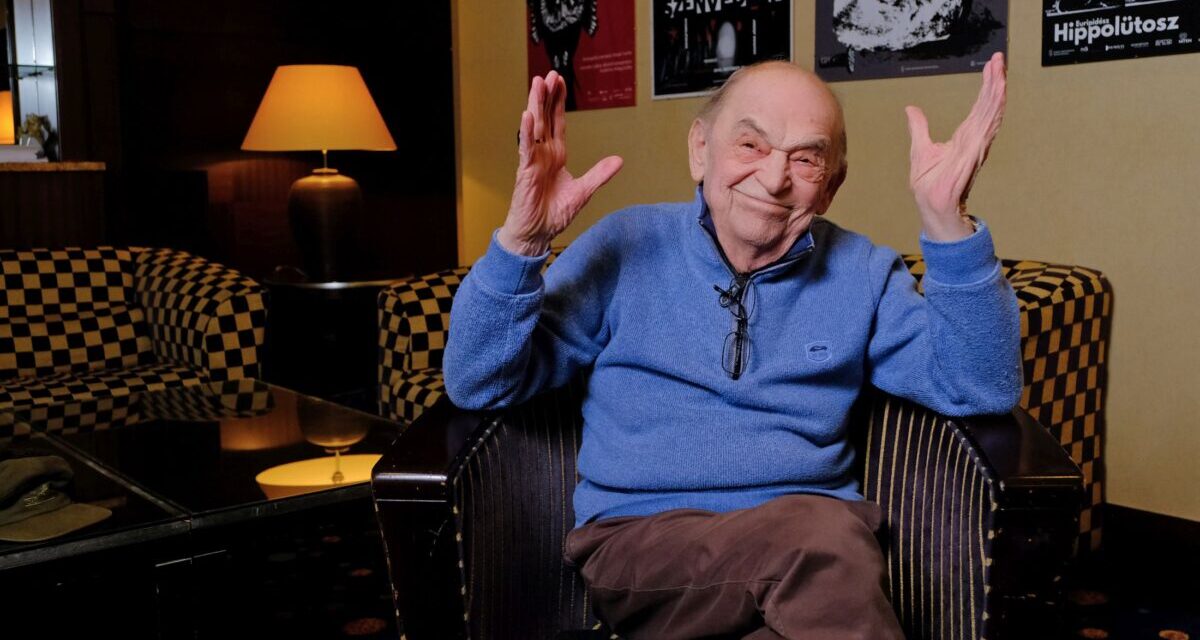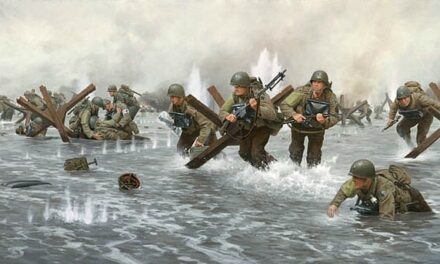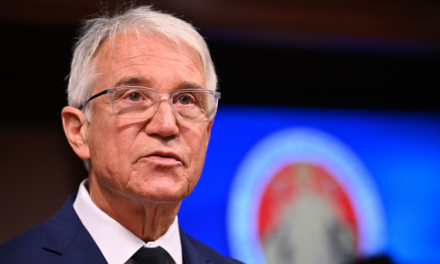Gyula Bodrogi still works continuously, so it's no wonder that he himself finds it hard to believe that he will be ninety years old in April. The interview was made on the occasion of the Day of Hungarian Culture.
Mr. Művész, a quarter of an hour ago he was still on stage and excelled as Sultan Sülejmán in the Stars of Egri. And now we are talking in the artist club of the National Theater. How are you feeling? He's completely behind him now, was he able to put the show down?
Not completely yet, it's still a bit complicated, but otherwise I'm fine. And now I see that Suleiman's ring has remained on my finger (points to the large and showy piece of jewelry). Don't forget to bring it back after our conversation!
Here, at the National, he is currently playing in three plays, and as an encore, he is guest starring in another theater.
In addition to the Egri stars, there is Ferenc Molnár's popular comedy: I am the Secretary in One, Two, Three. Great show, I absolutely love it. I play Mendi in Thirteen Apple Trees, and the encore is a play called Nagymester at the Karinthy Theater, in which I play the title character. I really enjoy it too.
You received an iron diploma last year, which means that you graduated from the College of Theater and Film Arts 65 years ago. This is his 66th season on the track - in the service of culture, if we are talking about the important day. There is a lot to say...
If I add to that the 4 years I spent at college, plus 3 years before that I danced in the SZOT ensemble... It's a terribly long time, I can't account for it, we're talking about so many years. Although I know that I was a member of Attila József Theater for 24 years, then I worked as a director at Vidám Színpad for 20 years, and then I signed a contract with the National Theater in 2003, which is already the 21st year of that, I find it difficult to say this very large number calmly. The interesting thing is that it never comes to my mind at home during the day, but if it comes up anywhere and we start talking about it, the memories immediately come to mind.
We could list his theater and film roles, as well as his television appearances, for a long time. You are one of the few people whose career has not been full of ups and downs.
I feel lucky that they kept me busy from the first minute. From the moment I received my diploma, I carried the profession in the palm of my hand. The invitations kept coming, they always gave me some task, I never had to ask for a role. I never dreamed of a role either, I was always happy if I could do well what was entrusted to me.
Do you think you don't miss anything about your career?
It never was, probably because I really played all the time for the last 66 years, mostly even in the summer. We still had theater, film, television, radio, and dubbing. I feel sorry for my current young colleagues, because there are quite a few of them, and there are not enough television series roles for everyone. Although, according to my understanding, what can be achieved in this field is to be known, loved and recognized. Because ours is a very fleeting craft: as we say, theater is the art of the moment. Our profession is about the audience and the actor, they are the most important in the theater. When the viewer enters the auditorium, he vows to believe everything that happens on stage. This makes you a part of the production, and if the performance is good, the viewer knows when to laugh, when to take out the handkerchief, when to pay close attention and think, and when to get excited. The audience is an absolutely active actor in the performance, it is part of the game. And if something goes wrong during the ride that the audience also notices/hears, we laugh about it together. What's more, the audience usually even helps out the erring actor with a little applause. Then order is nicely restored and the show continues.
The full interview can be read HERE!













